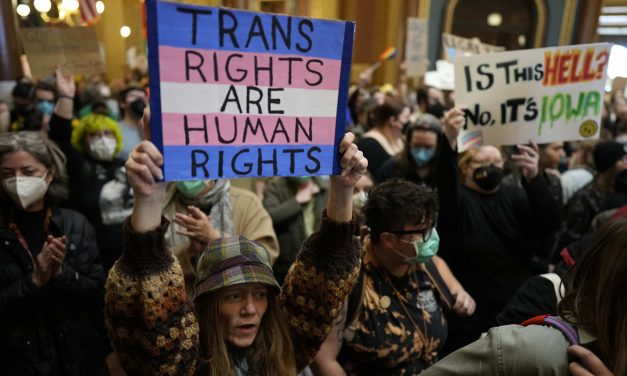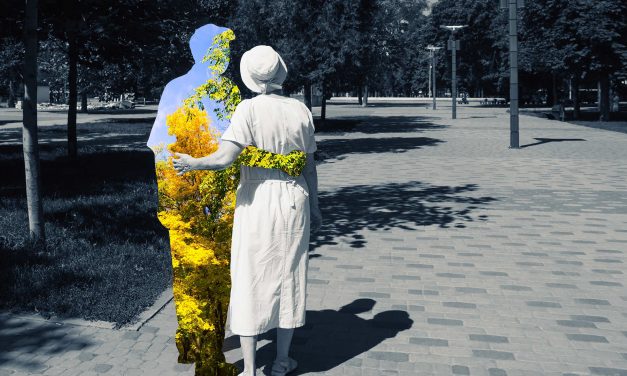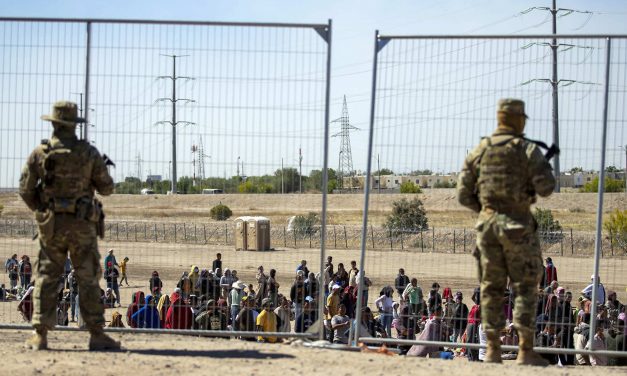How the right-wing’s political name game turned what a place is called into an ideological fight
By Seth T. Kannarr, PhD Candidate in Geography, University of Tennessee; Derek H. Alderman, Chancellor’s Professor of Geography, University of Tennessee; Jordan Brasher, Visiting Assistant Professor of Geography, Macalester College Place names are more than just labels on a map. They influence how people learn about the world around them and perceive their place in it. Names can send messages and suggest what is and is not valued in society. And the way that they are changed over time can signal cultural shifts. The United States is in the midst of a place-renaming moment. From the renaming of the...
Read More















